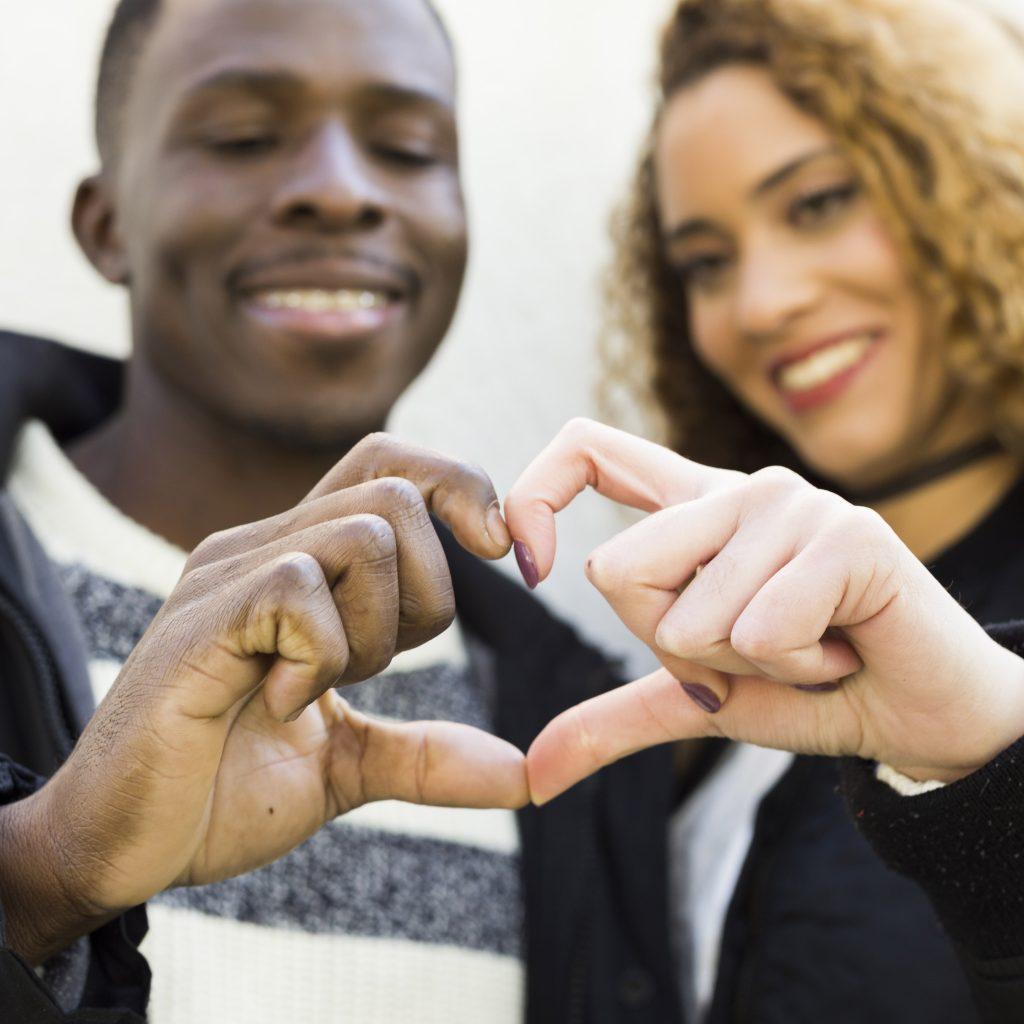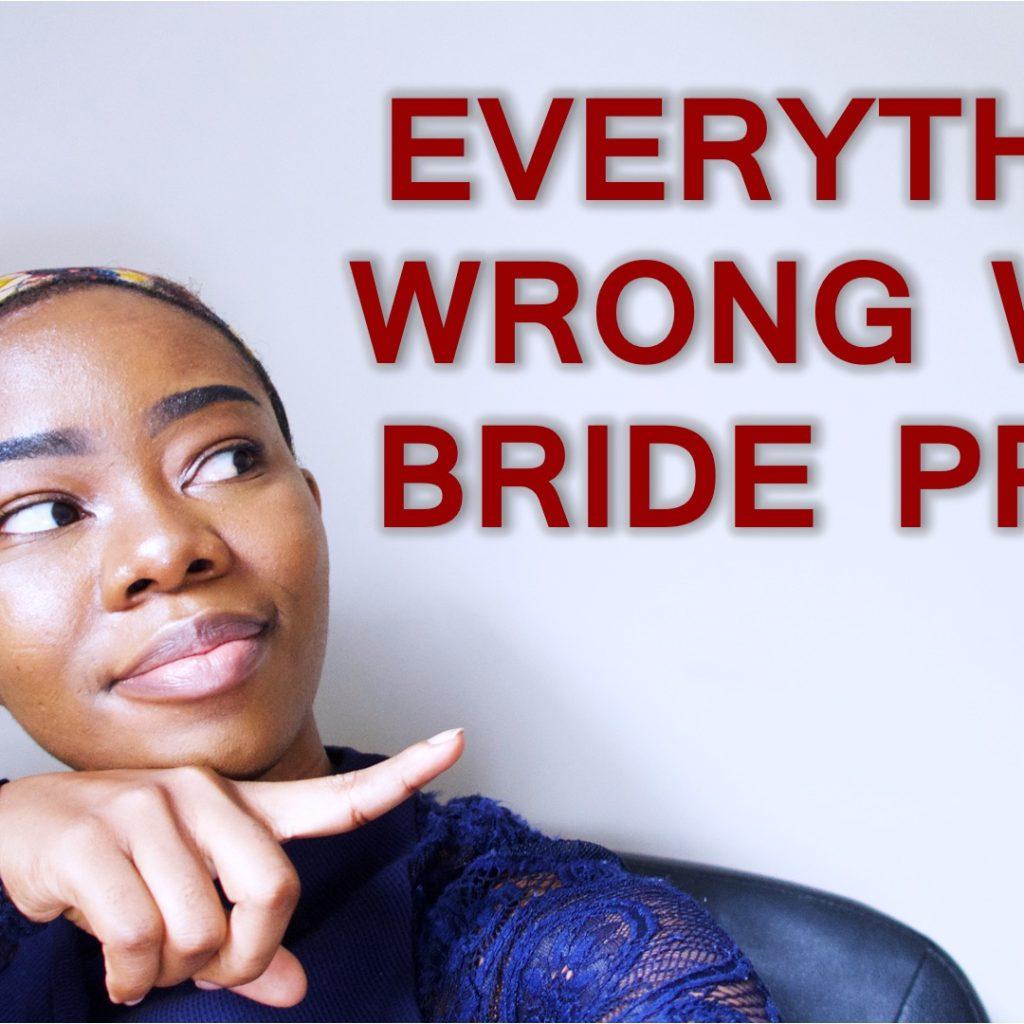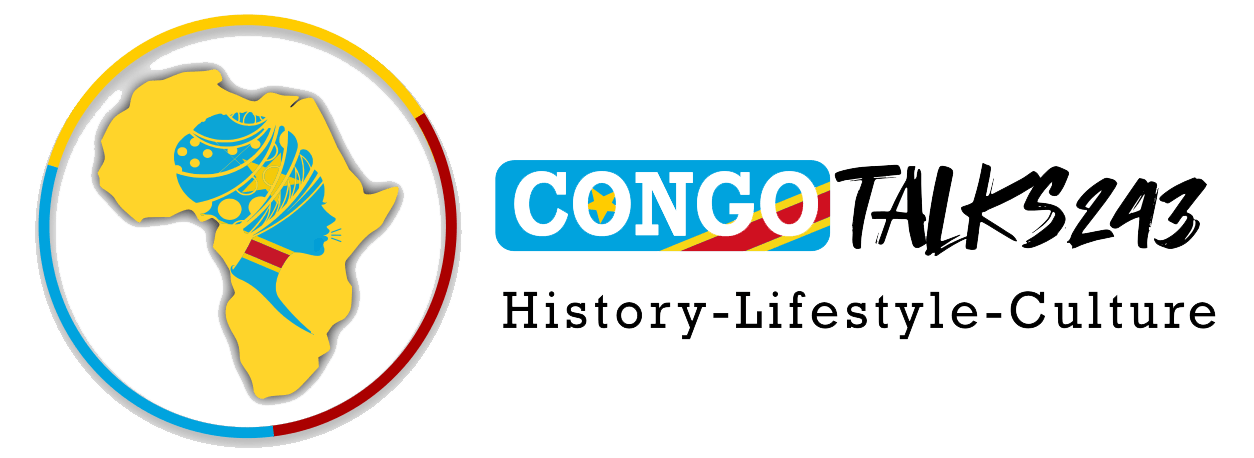THE BEAUTY AND CHALLENGES OF INTERRACIAL MARRIAGE

Interracial marriage is a union between individuals from different racial or ethnic backgrounds, a beautiful manifestation of love that transcends societal boundaries. People would probably have different opinions regarding the subjects and this article will give you some insights into those opinions. For example, people living in interracial relationships would support the marriage, people who […]
THE BRIDE PRICE AND THE MARRIAGE BUSINESS

For many centuries the DRC has been organising marriage in fixing a type of dowry as in most of the African countries. The country has different method for the dowry and the bride price is part of it, some traditional furniture can be given as well to the bride’s family. As in so many cultures […]
